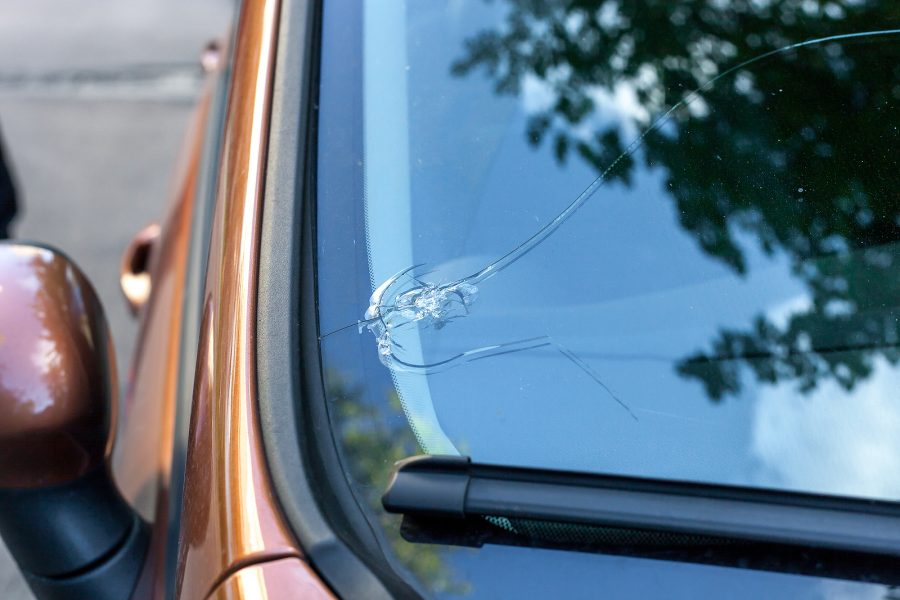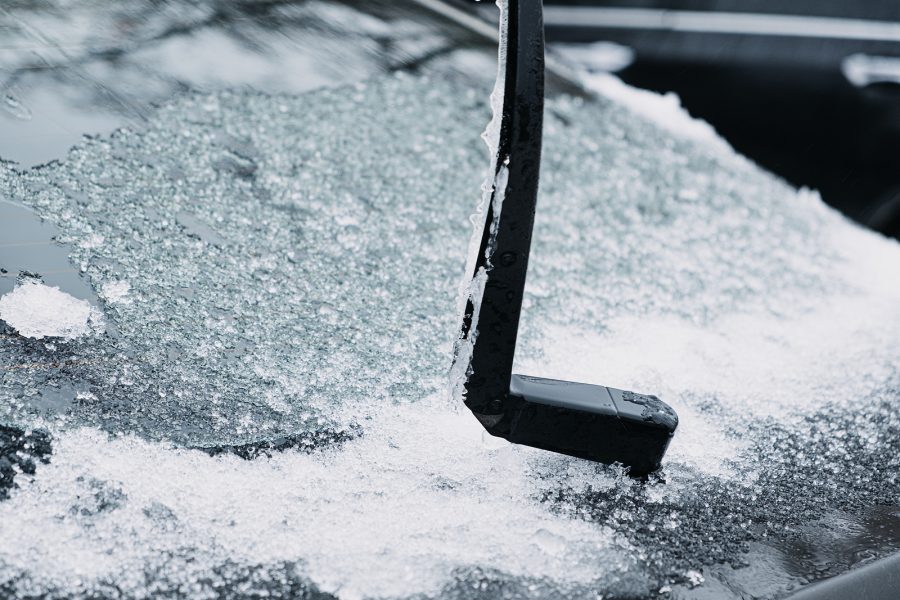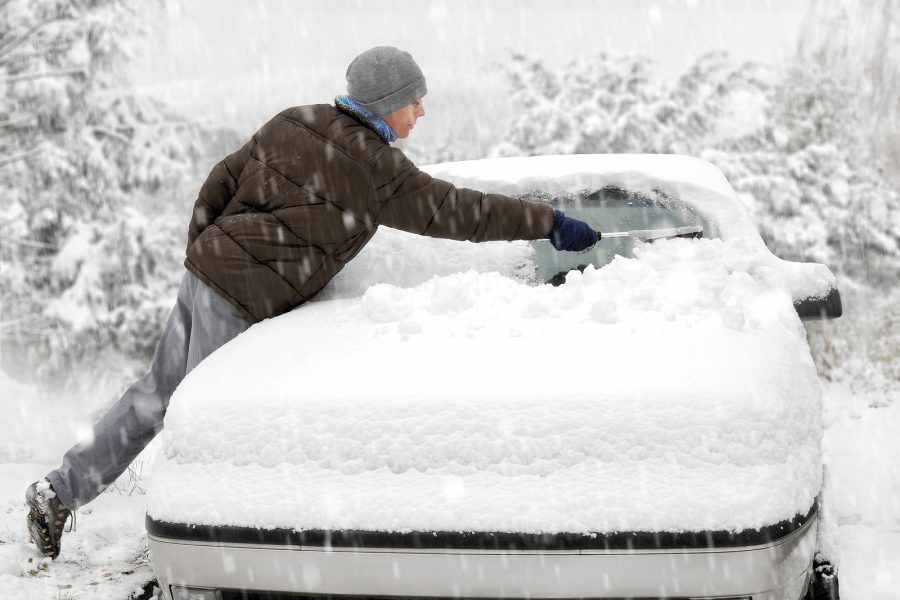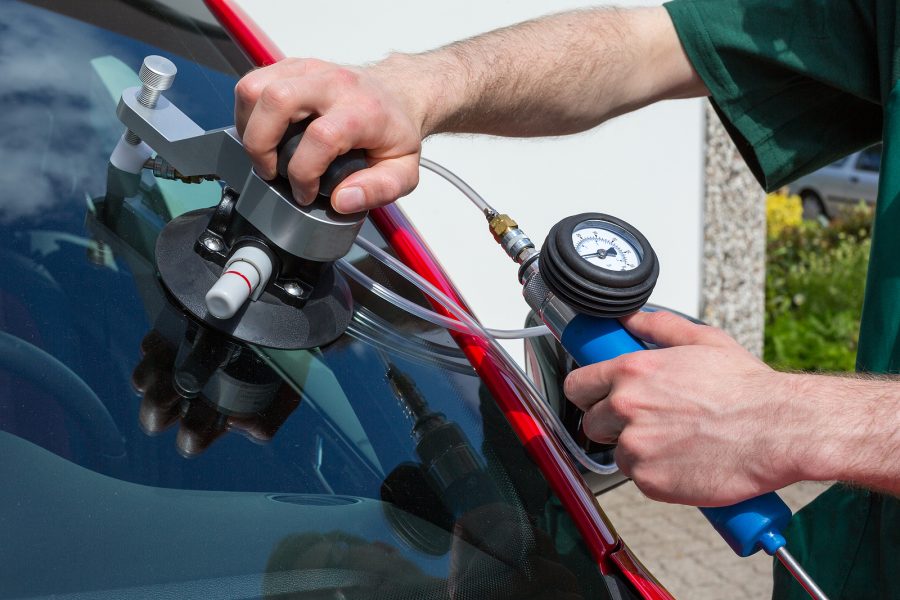Road Safety Week is taking place this year between November 16th and 22nd, with new research released to mark the occasion revealing that there seems to be a very real issue with excessive speeding in the UK.
The message of this year’s campaign is No Need to Speed, with charity Brake just publishing a report showing that the highest excess speed was recorded by the Metropolitan Police of a driver travelling at 152mph in a 30mph zone. Overall, the highest speed recorded was by Nottinghamshire Police, with a driver going 180mph in a 70mph zone.
The study also found that 28 per cent of men admit to driving over 100mph, compared to nine per cent of women, while 33 per cent of those aged between 25 and 34 have said they’ve travelled at over 100mph on a public road.
Analysis shows that there are 11 deaths or serious injuries each day on roads around the UK where speed is identified as a contributory factor to the crash, whether that’s travelling too fast for the conditions or by exceeding the speed limit.
Currently, drivers caught exceeding 100mph on public roads face a two-month ban and a five of 150 per cent of their weekly income.
Director of campaigns for Brake Joshua Harris said: “Many drivers drift over limits by mistake but our research shows that a shockingly large number of drivers, particularly men, break speed limits excessively.
“We want all drivers to remember the daily disasters that are due to speed, think about the victims, slow down, and reduce road danger. It’s important to remember that sometimes driving under the speed limit can still be too fast, particularly on winding roads, roads with poor visibility, and roads where there could be people about on bicycles and on foot.”
A key part of driving safely is making sure your windscreen is fit for purpose. If you’re unable to see out or if there’s a chip or crack, it’s important that you take action as soon as you can, so you can continue to drive safely and legally on the roads.
If you notice any chips or cracks, get them repaired immediately, as if you leave them they could very quickly turn into something bigger and potentially dangerous. It’s also worth noting that the longer you leave issues like this, the more expensive the repair job could potentially be.
Smaller chips can be repaired with epoxy or acrylic adhesive, which can seal the chip and prevent dirt and moisture from making its way into it and exacerbating the problem. Bigger cracks, however, can be more difficult to deal with so you’ll want to make sure you bring the professionals in to get the job done properly.
Looking for car glass replacement services? Get in touch with Glass Assist UK today.









